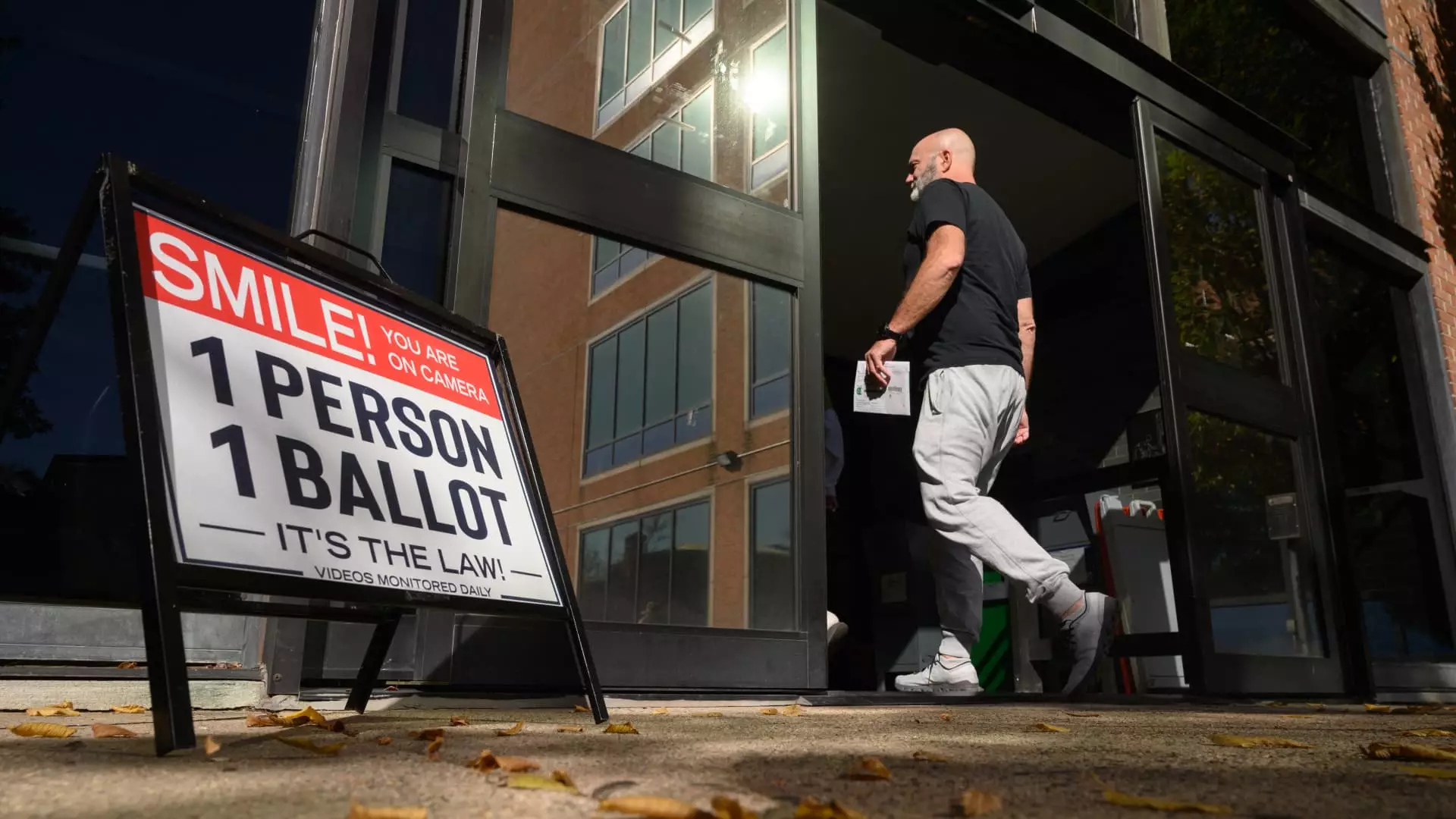The recent Supreme Court decision regarding mail-in ballots in Pennsylvania marks a significant development in the ongoing debate over electoral processes and voting rights in the United States. This ruling not only highlights the contentious nature of voting regulations but also sets the stage for potential future legal battles as we approach the 2024 election cycle.
On Friday, the Supreme Court ruled against a Republican initiative to halt a Pennsylvania Supreme Court decision that allowed voters with potentially defective mail-in ballots to cast provisional in-person votes. The justices, including notable conservatives such as Justice Samuel Alito, expressed their reluctance to intervene, citing the issue’s complexity and the consequences of premature involvement. This ruling could influence thousands of ballots and, by extension, sway close elections in Pennsylvania, a key battleground state.
The dispute emerged from the aftermath of the Democratic primary in Butler County, where two voters found their mail-in ballots flagged for defects. The lack of a secondary “secrecy envelope” meant those ballots were deemed void under the state’s laws. However, the state Supreme Court recognized the necessity for voters to rectify their errors by allowing them to cast provisional ballots. This balancing act seeks to maintain the integrity of the voting process while also safeguarding voters’ rights, a struggle that is increasingly coming to define election debates across the nation.
The Supreme Court’s decision does not settle the underlying legal questions, leaving room for further litigation. Republican officials argue that this ruling undermines the strict standards established for ballot acceptance. They contend that any deviation, whether from the secrecy envelope or other criteria—such as dating discrepancies or even signature issues—should lead to disqualification. Their stance raises critical debates about the authority of state legislatures versus judicial systems in setting electoral rules, a theme prevalent in recent elections, particularly as the Republican National Committee has intensified its legal ante with multiple lawsuits in key states.
Importantly, the sentiments expressed by the Pennsylvania’s state government—which voiced support for the ruling—illuminate a significant split within the party lines over voter accessibility versus electoral integrity. The disagreement reflects not only the specifics of Pennsylvania state laws but also broader arguments about the role of mail-in voting, which became a flashpoint during the 2020 election amidst the pandemic.
The 2020 elections have left a deep imprint on the American political landscape concerning mail-in ballots. Former President Donald Trump frequently criticized expanded mail-in voting, alleging widespread fraud—a claim that has been widely discredited. However, as the Republican Party rallies against perceived lax voting standards, the focus on mail-in voting continues to rise. Activists on both sides are attuned to the potential ramifications of the court’s decisions, with fears that any alteration in election law could disproportionately affect voter turnout, especially among marginalized communities.
Pennsylvania’s tight election results—where Biden emerged victorious by merely over 80,000 votes—further underscores why the stakes are so high. The state’s voting landscape is a microcosm of national discourses on democracy and representation. As such, the current legal skirmish isn’t merely about ballots; it encapsulates broader concerns regarding electoral representation and the very structure of American democracy.
As we inch closer to the 2024 elections, the impact of the rulings and decisions made in the courts will be scrutinized more than ever. The situation in Pennsylvania serves as an omen for myriad challenges ahead as states seek to balance the integrity of elections with the accessibility of voting processes. The simultaneous push for stricter voting laws and efforts to expand accessibility reveals a battleground that resonates with deeper societal divides regarding trust in democracy, the role of technology in voting, and the burgeoning partisanship dominating American political discourse.
Going forward, it is essential for all stakeholders—lawmakers, voters, and the judiciary—to consider the implications of their positions on electoral legislation. Ensuring robust democratic processes while upholding the rights of every voter requires continued dialogue and an acute awareness of past mistakes and successes in navigating such complex issues. As Pennsylvania sets the stage, so too does the nation hold its breath, anticipating the unfolding narrative that will shape its political future.

